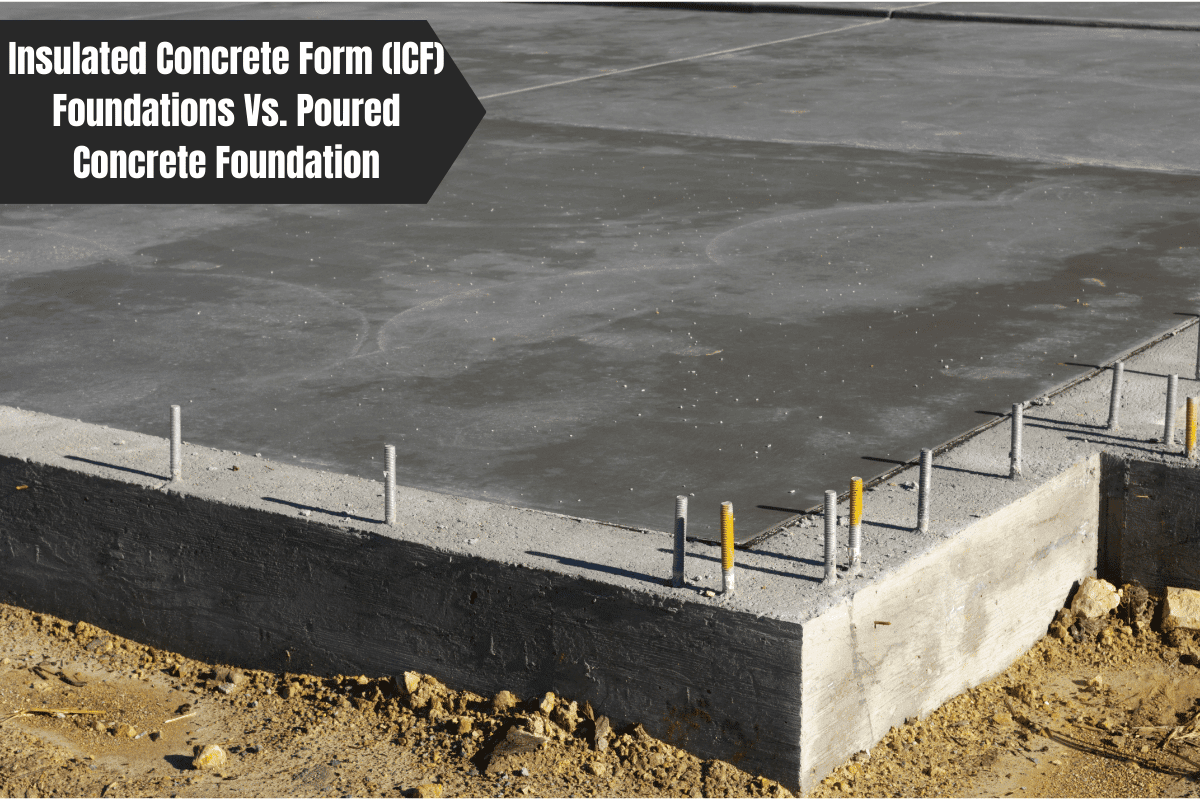Let’s cut to the chase: choosing a foundation isn’t exactly the sexiest part of building a Home. But hey, it’s the literal groundwork that keeps your house from impersonating the Leaning Tower of Pisa. Today, we’re breaking down two heavyweight contenders—Insulated Concrete Form (ICF) and poured concrete foundations—so you can decide which one deserves your hard-earned cash. Spoiler: There’s no one-size-fits-all answer, but by the end of this, you’ll know which team you’re rooting for. And yeah, we’ll sneak in some shameless plugs for our crew at Golden Bay Foundation Builders, because someone’s gotta keep your basement dry and your walls crack-free.
What’s the Big Deal with Foundations Anyway?
Before we geek out over concrete types, let’s talk why foundations matter. Picture this: your house is a giant LEGO set. Without a solid base, even the coolest LEGO castle turns into a wobbly mess. Foundations handle soil pressure, moisture, seismic shakes, and that time your cousin tried to park his RV in your backyard.
Pro tip: If you’re dealing with tricky soil (looking at you, expansive clay), soil stabilization services are non-negotiable. At Golden Bay, we’ve seen enough “DIY foundation fails” to know: skip this step, and you’ll spend more on foundation repair than your original budget.
ICF Foundations: The Modern Marvel
ICF is like the Tesla of foundations—sleek, energy-efficient, and quietly revolutionary. Instead of traditional wooden molds, ICF uses interlocking foam blocks filled with concrete. The result? A foundation that’s insulated from day one.
Why we’re obsessed with ICF:
- Thermal performance: Say goodbye to frost heave and hello to lower heating bills. The foam stays in place, acting as a built-in barrier against temperature swings.
- Quicker install (kinda): No waiting for insulation crews—foam and concrete come as a package deal. But don’t underestimate the learning curve. You need pros who’ve mastered the art of ICF, like, oh, I don’t know… Golden Bay’s foundation experts?
- Quiet, sturdy, and mold-resistant: Perfect for basements doubling as man caves or yoga studios.
The catch:
ICF costs about 10–15% more upfront than poured concrete. But if you plan to live in your Home longer than it takes to binge Stranger Things, those energy savings add up.
Poured Concrete: The Old Reliable
Poured concrete is the OG of foundations—tried, true, and tougher than your high school gym teacher. Workers set up wooden forms, pour concrete, and strip the forms once it cures. Simple? Sure. Boring? Maybe. Effective? Absolutely.
Why poured concrete still rules:
- Cost-effective: Your wallet will thank you, especially for smaller projects.
- Flexible design: Curved walls? No problem. Need a floating foundation for that lakeside cabin? Poured concrete’s your buddy.
- Speed: Experienced crews can knock this out faster than you can say, “Wait, did they just pour 50 yards of concrete in a day?”
But…
Poured concrete lacks built-in insulation. You’ll need to add it later, which means more labor and more chances for gaps (aka thermal bridges). And let’s not forget: if the soil shifts or your contractor cuts corners, cracked walls become your new nightmare.
Head-to-Head: ICF vs. Poured Concrete
Let’s break it down like a overly enthusiastic sports commentator:
| Feature | ICF | Poured Concrete |
|---|---|---|
| Cost | Higher upfront, lower long-term | Lower upfront, higher long-term |
| Insulation | Built-in (Foam + Concrete) | Requires added insulation |
| Installation Time | Longer (foam setup) | Faster |
| Durability | Excellent (unless rodents eat foam) | Excellent (if reinforced properly) |
| Customization | Limited to block shapes | Unlimited (curves, angles, etc.) |
Our hot take:
If you’re in earthquake country, pair either option with seismic retrofitting. And if your home’s older than disco? Schedule foundation inspections stat.
When Things Go South: Foundation Repairs & Band-Aids
Even the best foundations can falter. Maybe your soil’s more unpredictable than a TikTok algorithm, or maybe the previous owner thought post and pier foundation was a good idea for a two-story home. (Spoiler: It’s not.)
Golden Bay’s cheat sheet for common issues:
- Cracked walls: Often a sign of soil movement. Fixable with epoxy injections… unless it’s structural. Then you’ll need foundation underpinning services.
- Settling or sinking: Helical piers or slabjacking can lift things back up.
- Water intrusion: French drains + waterproofing = dry basement.
FYI, “foundation repair near me” is the most Googled phrase our team sees—right after “how to hide foundation cracks before selling.” Don’t be that person.
3 Burning Questions (Answered Without the Jargon)
- “Is ICF worth the extra cost?”
IMO, yes—if you’re staying put for 10+ years. The energy savings and comfort payoff are huge. - “Can I switch from poured concrete to ICF mid-project?”
Technically yes, but your contractor might side-eye you. Plan early, folks. - “What’s the best foundation for sloping lots?”
Post and pier works, but we’re partial to stepped ICF for stability and insulation.
Wrapping Up: Don’t Wing Your Foundation Choice
At the end of the day, your foundation isn’t just concrete—it’s insurance against Mother Nature’s mood swings. Whether you’re team ICF or team poured concrete, Golden Bay Foundation Builders has your back. We handle everything from soil stabilization services to seismic retrofitting, because nobody wants their home doing the cha-cha during an earthquake.
Still waffling? Shoot us a message. We’ll geek out over load-bearing calculations and maybe even throw in a dad joke or two. Because hey, foundations should be sturdy, but life’s too short for boring convos.
P.S. If you’re frantically Googling “foundation experts near me”—congrats, you’ve found us. Let’s fix that crack before your in-laws spot it.


